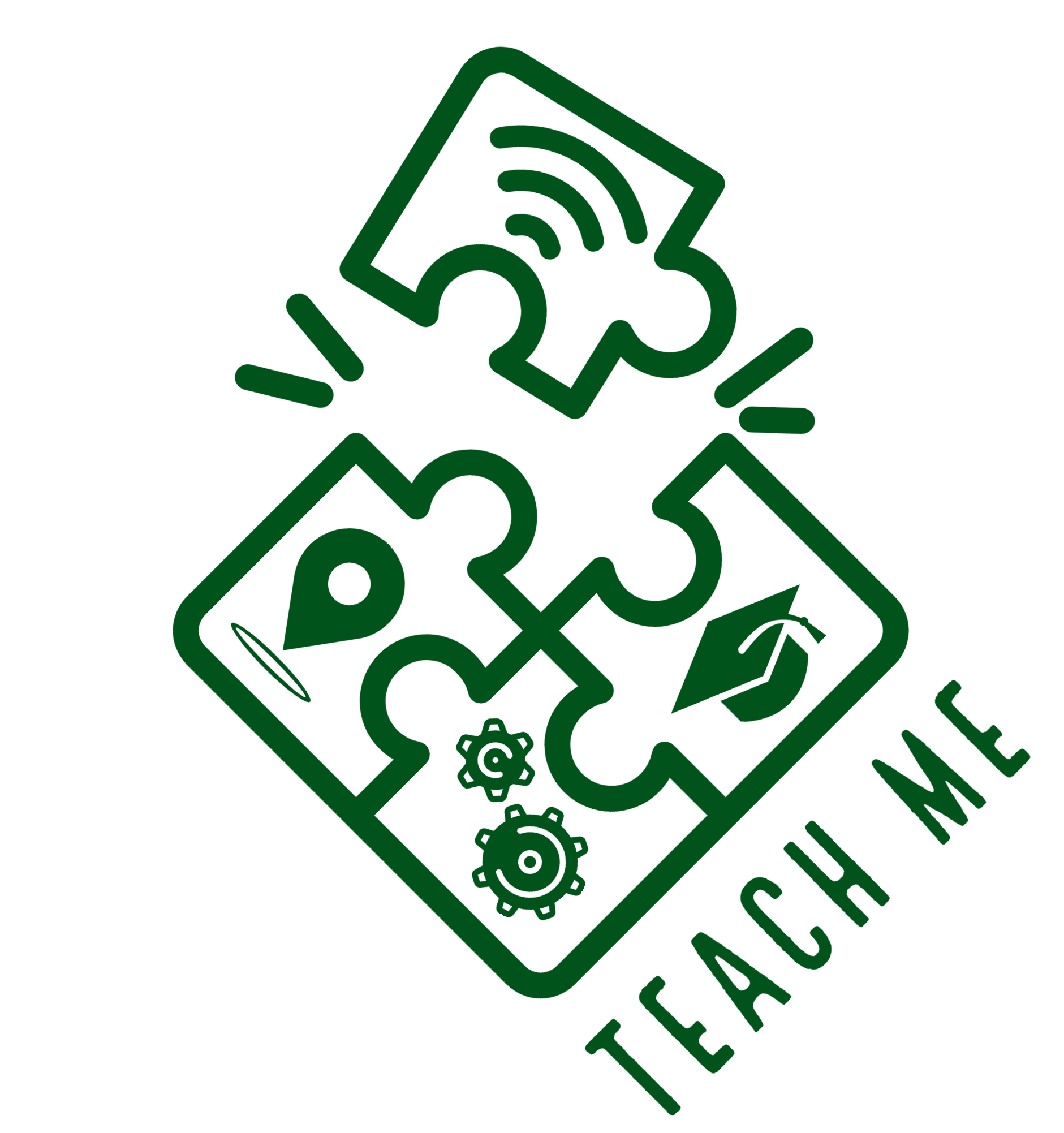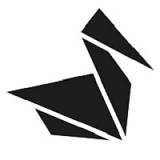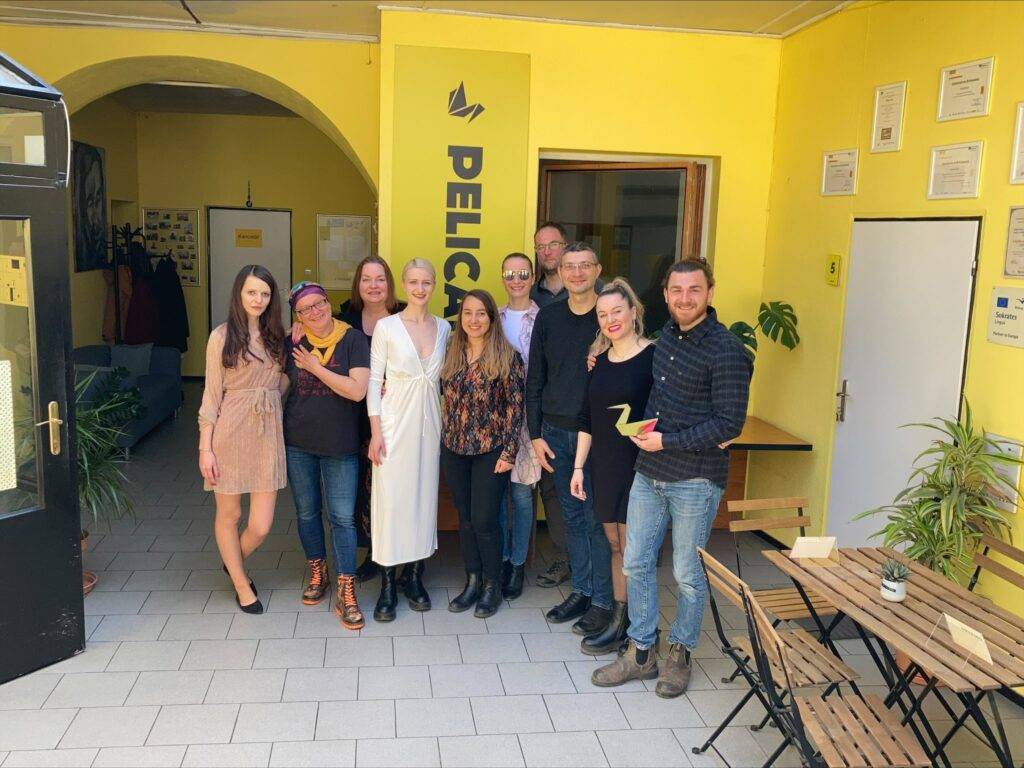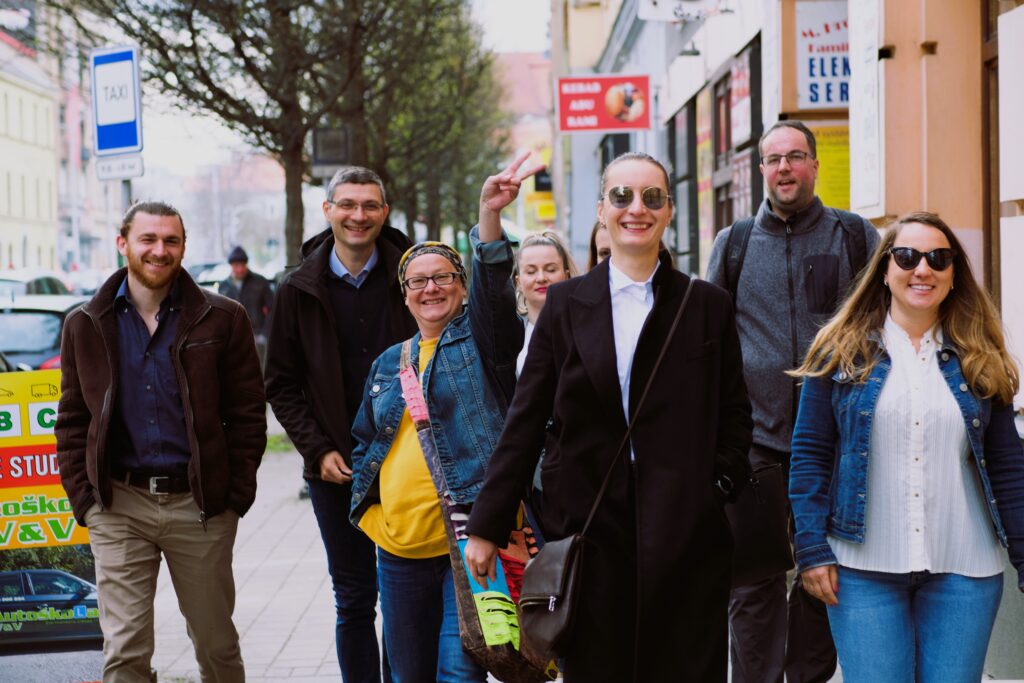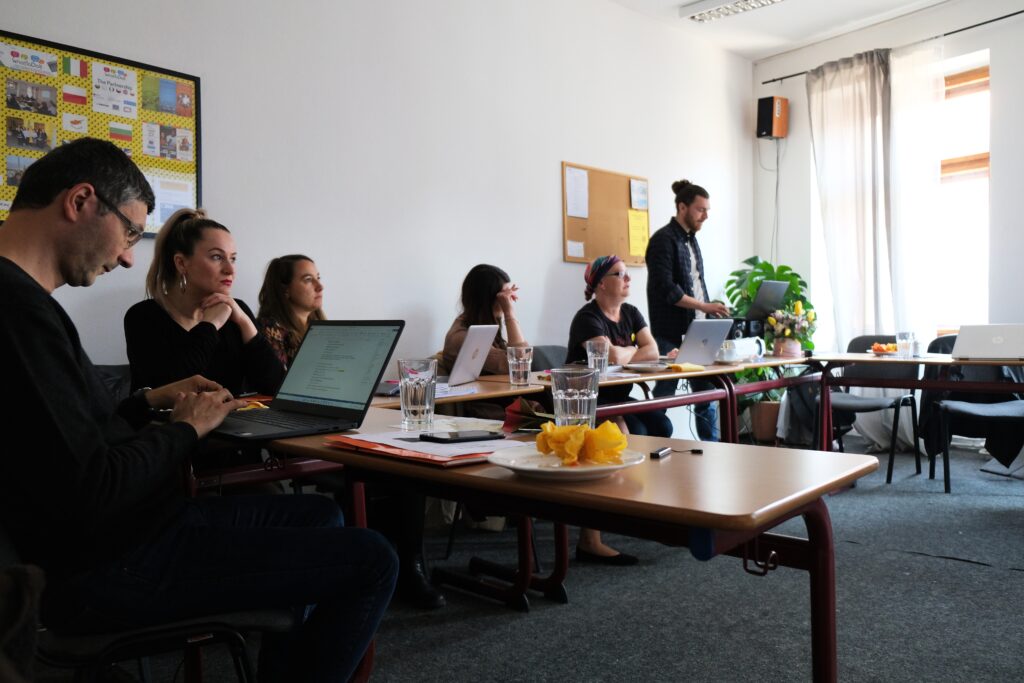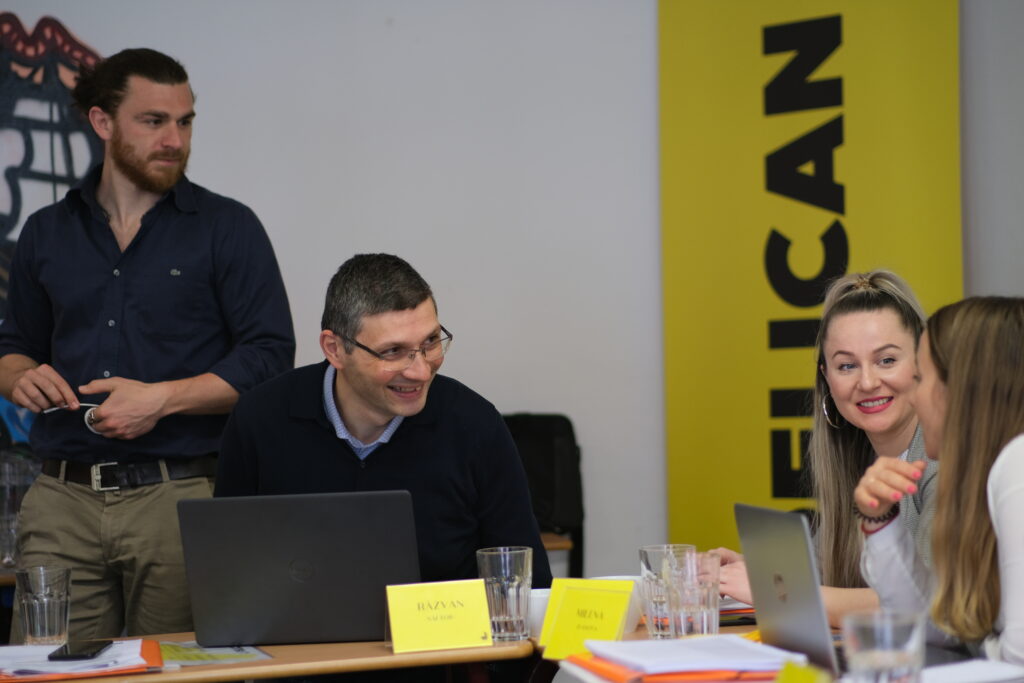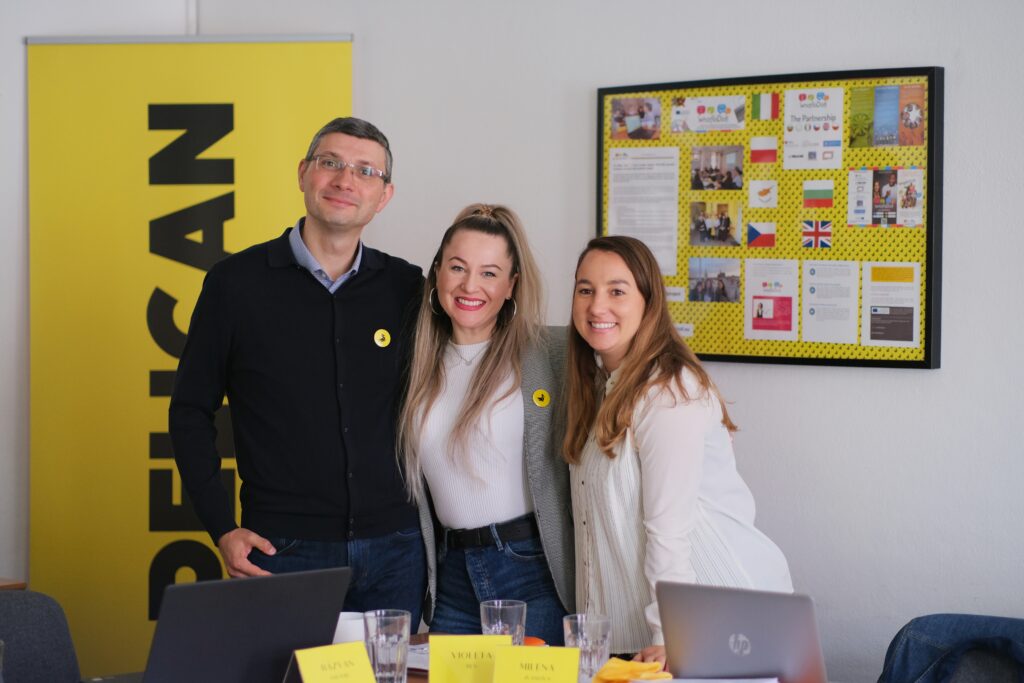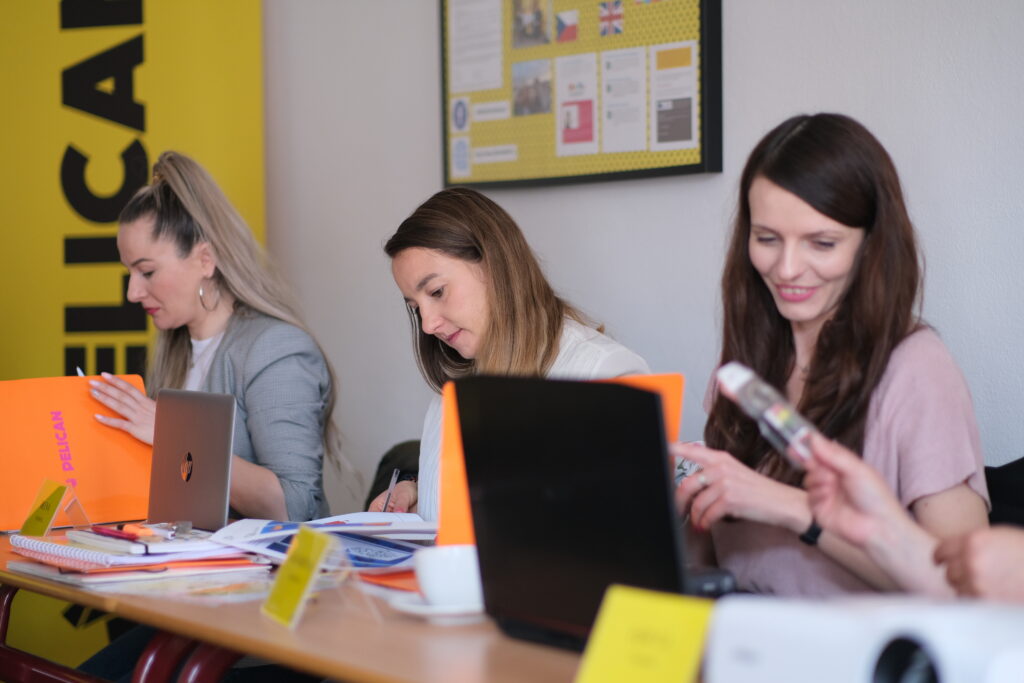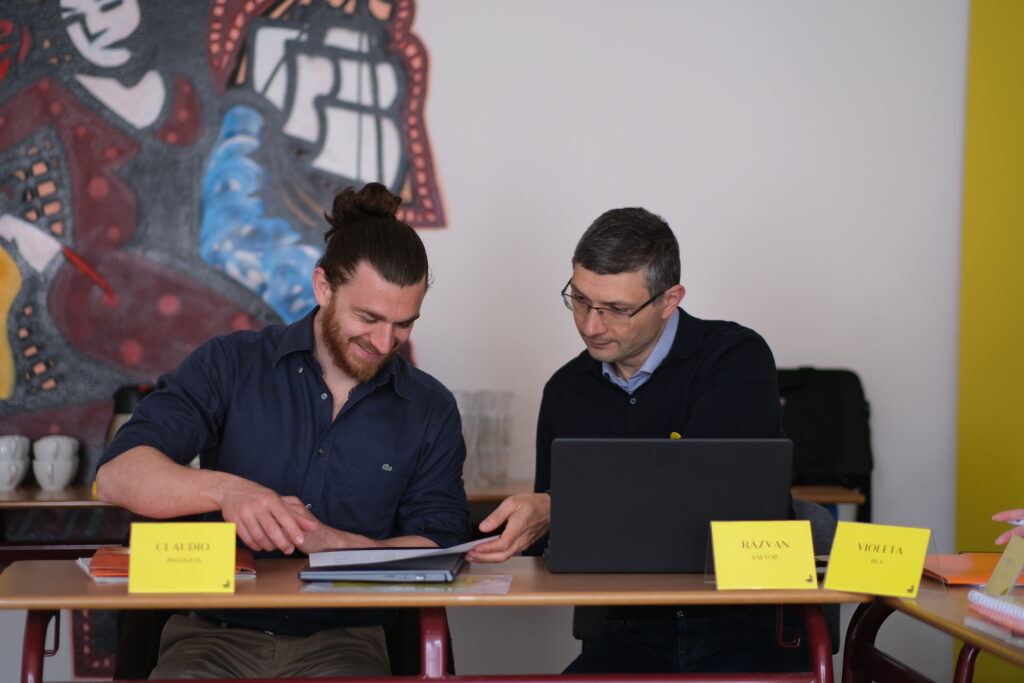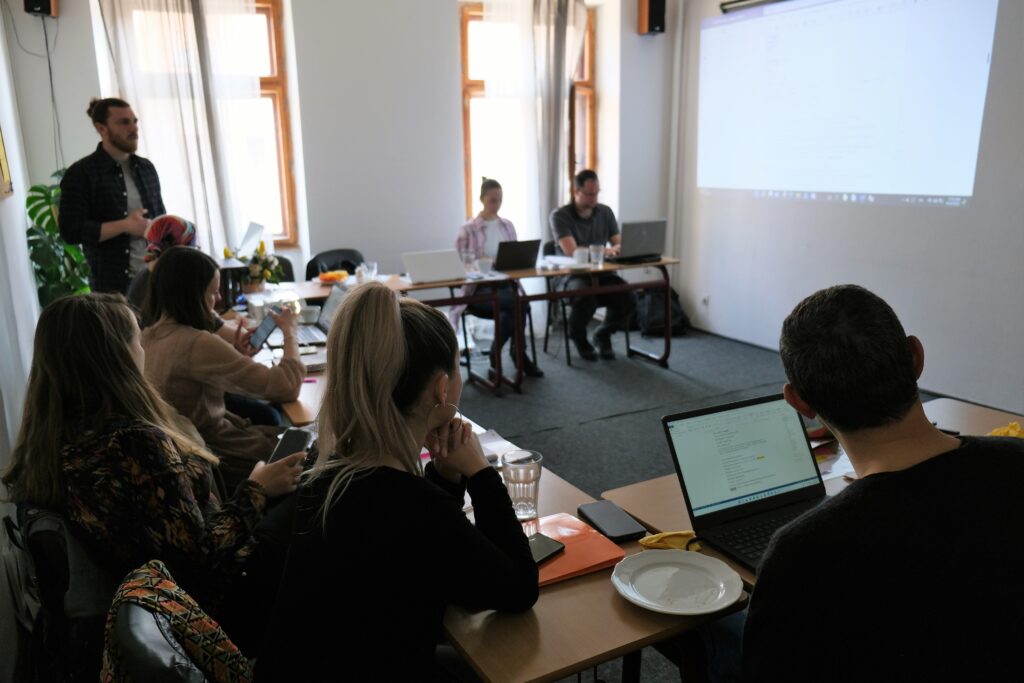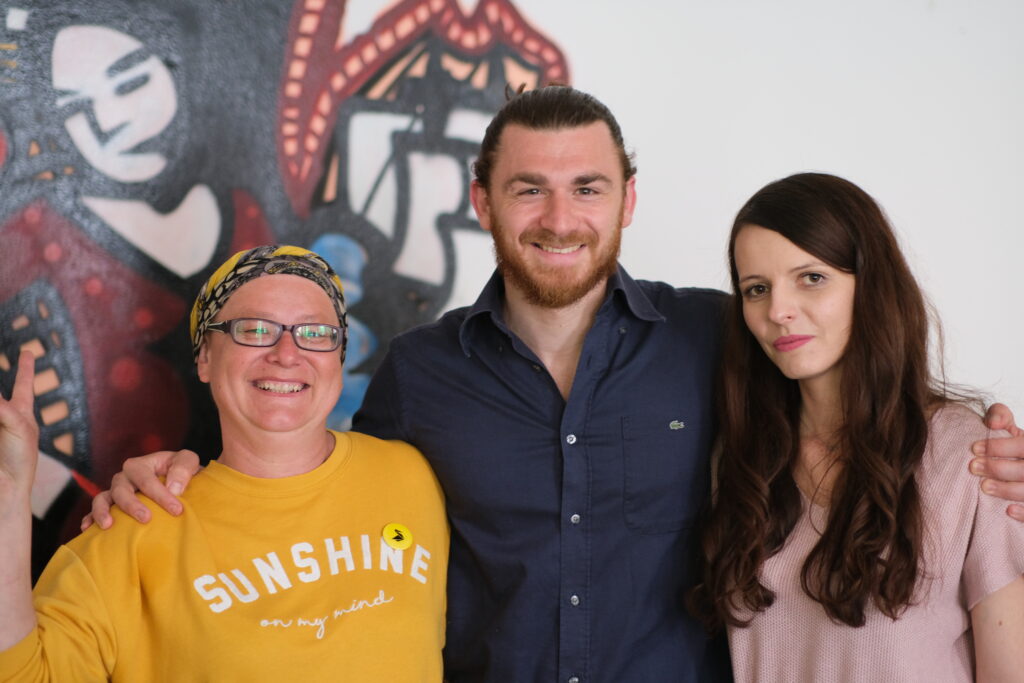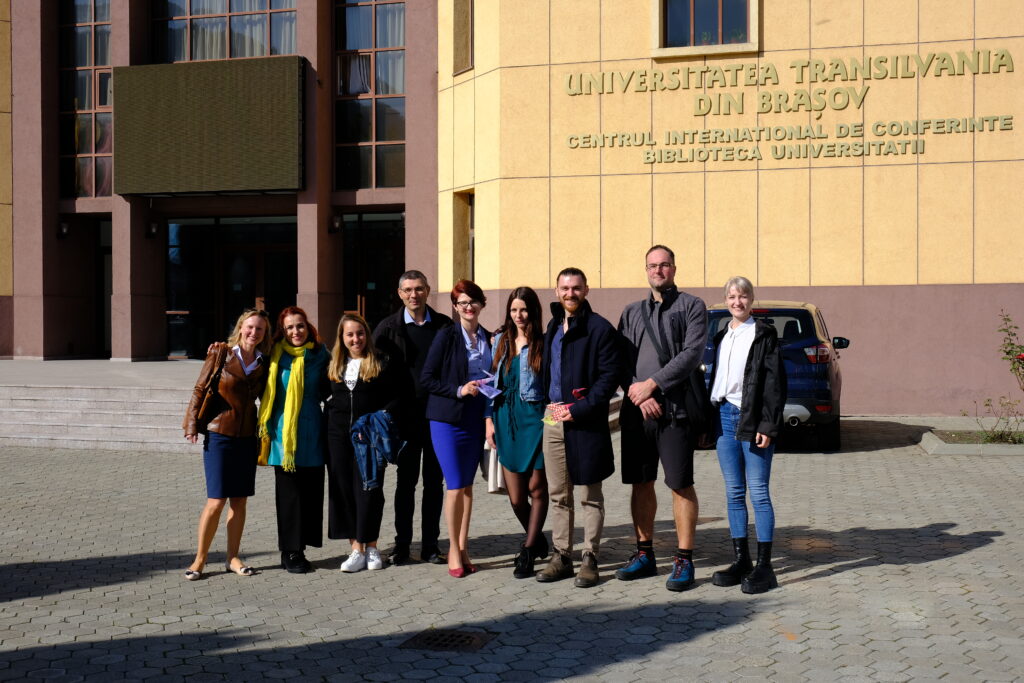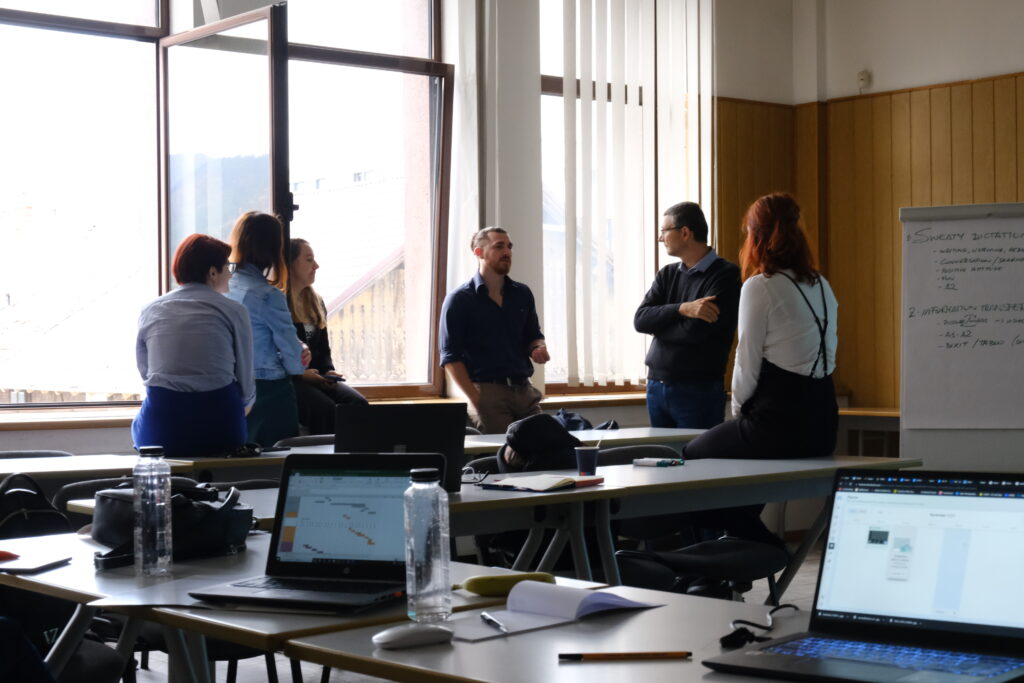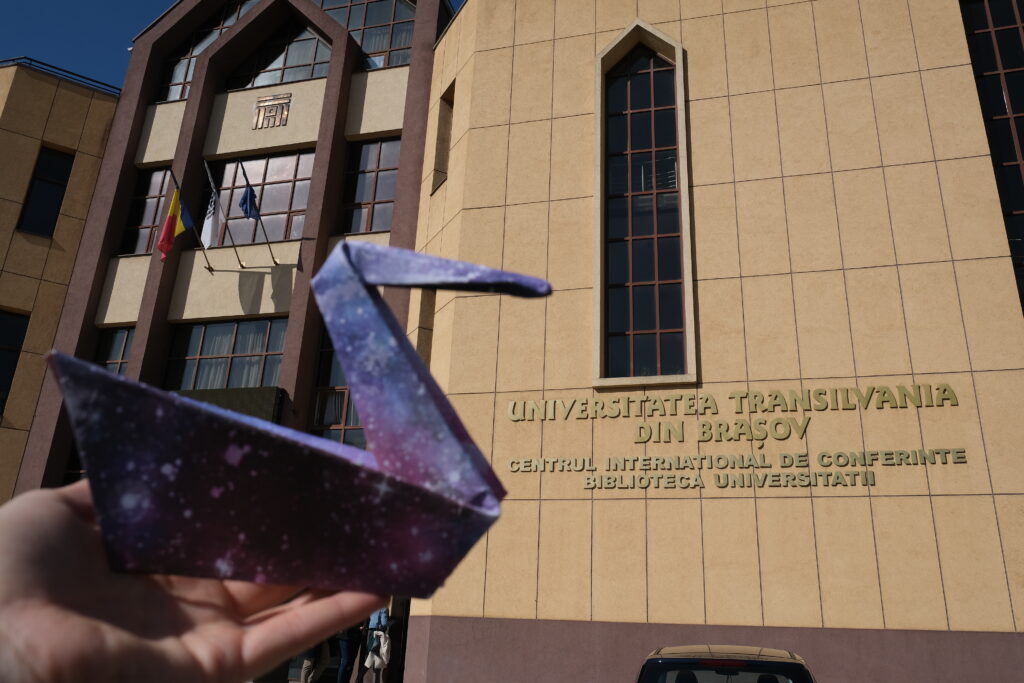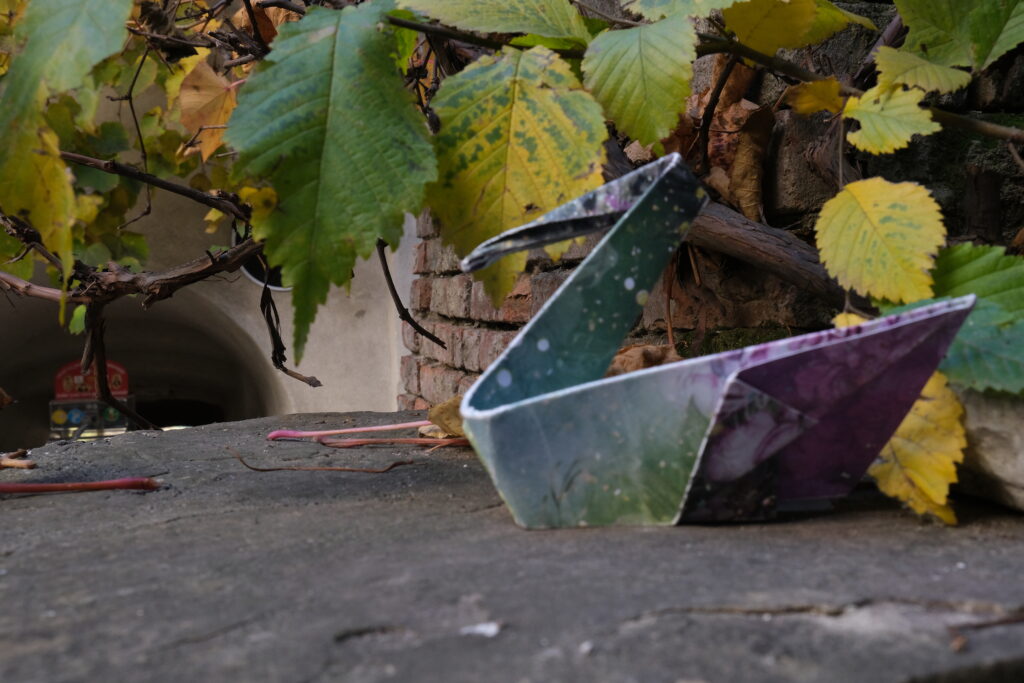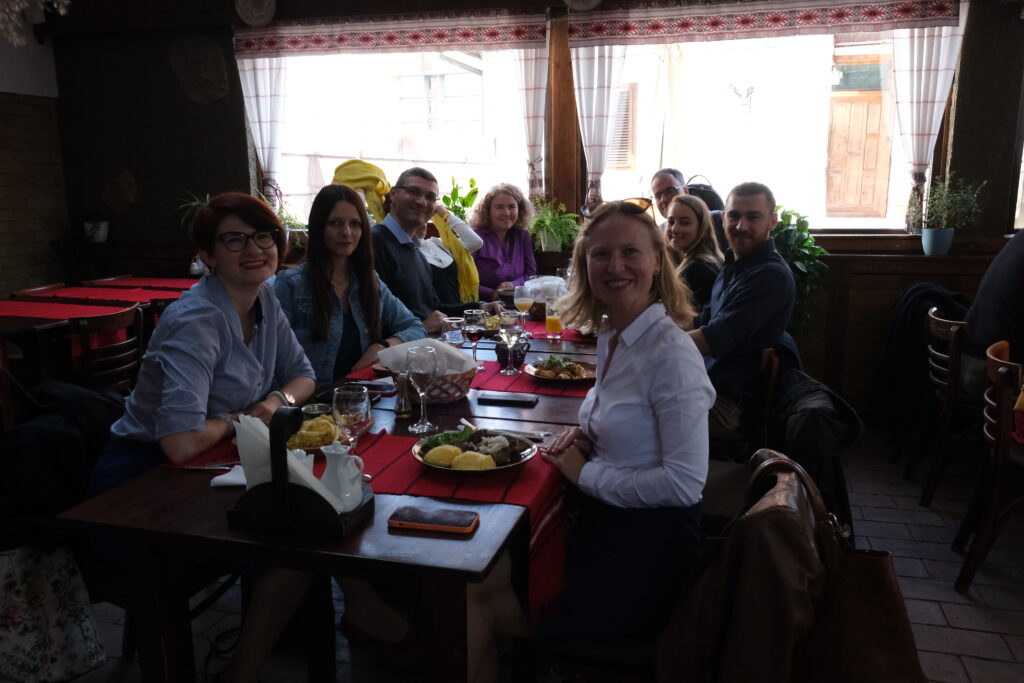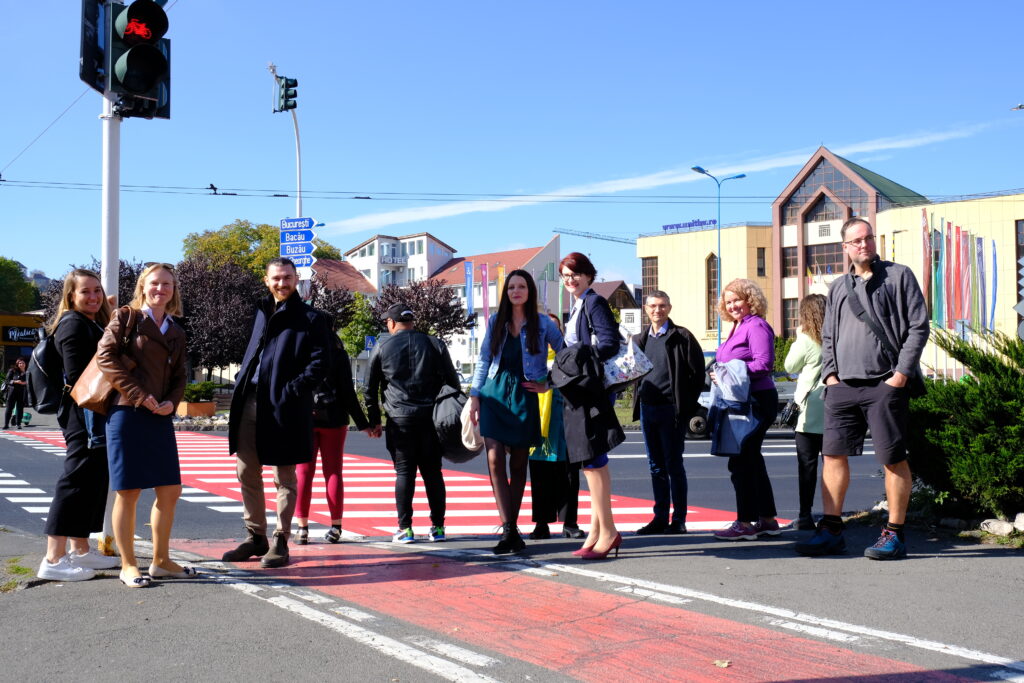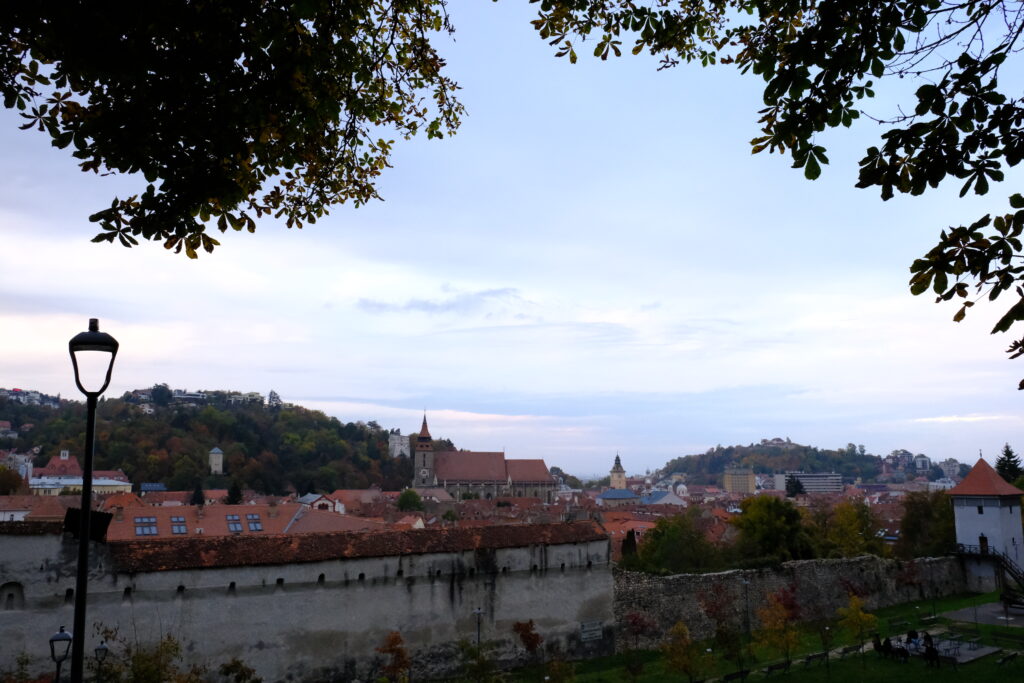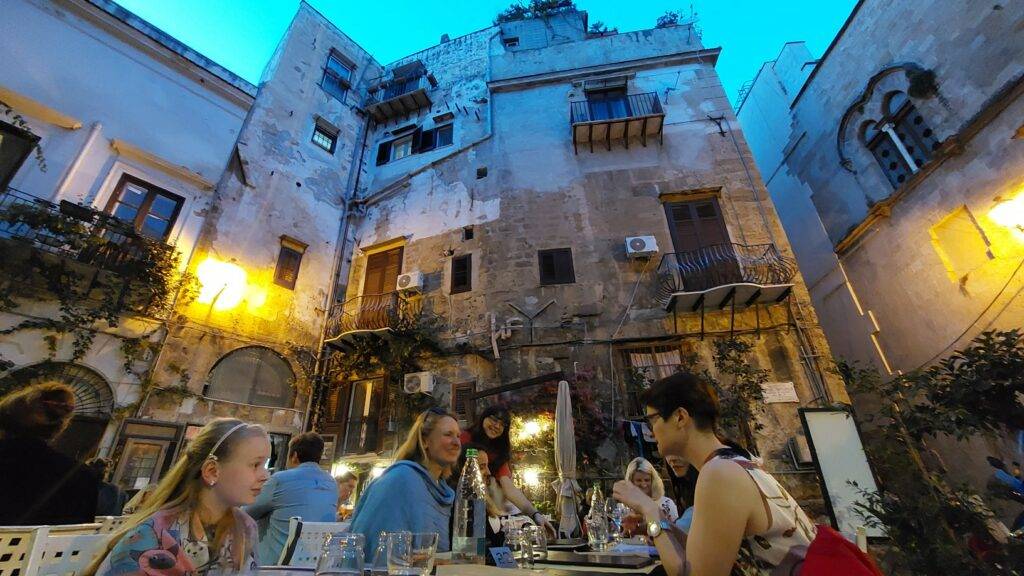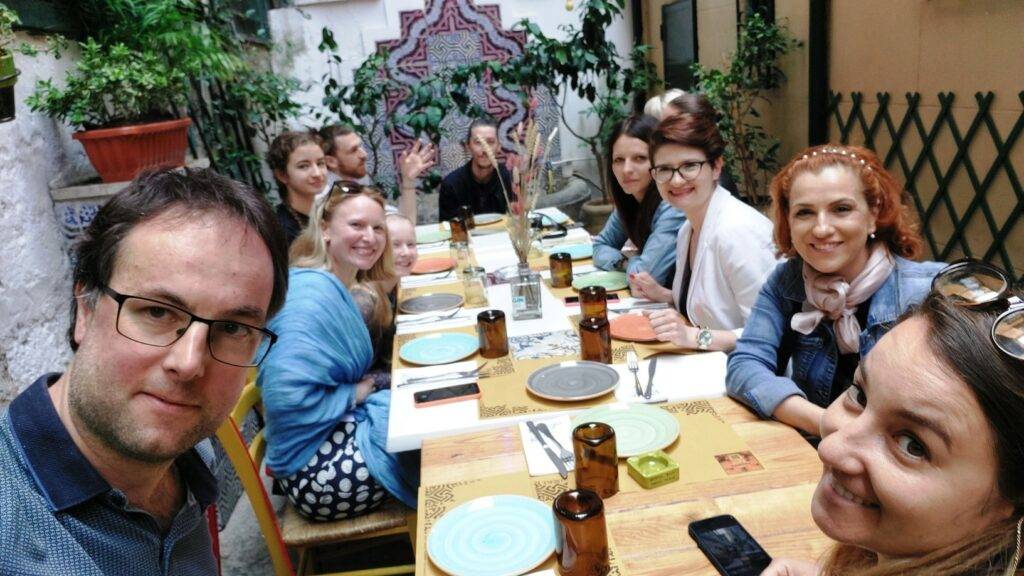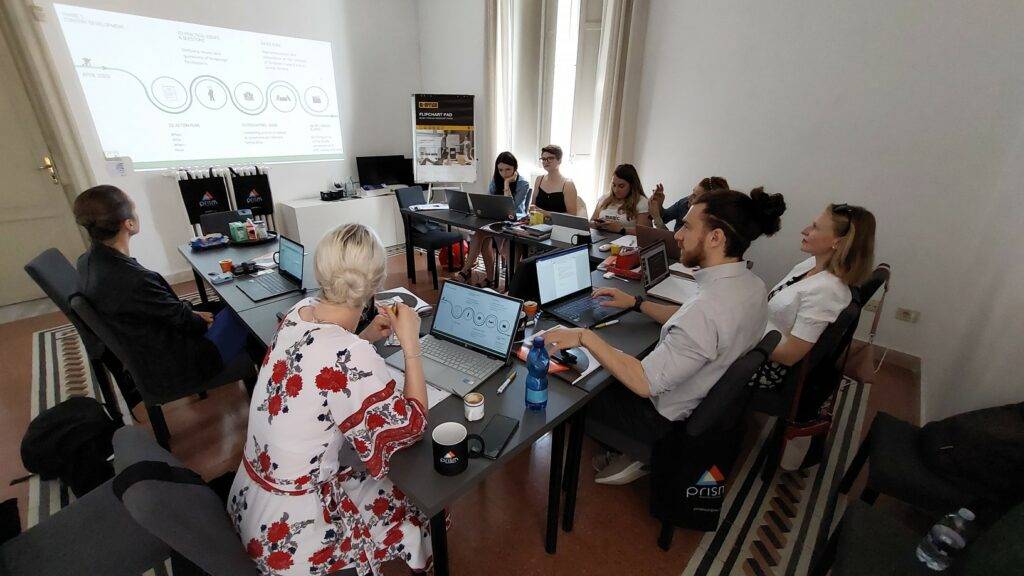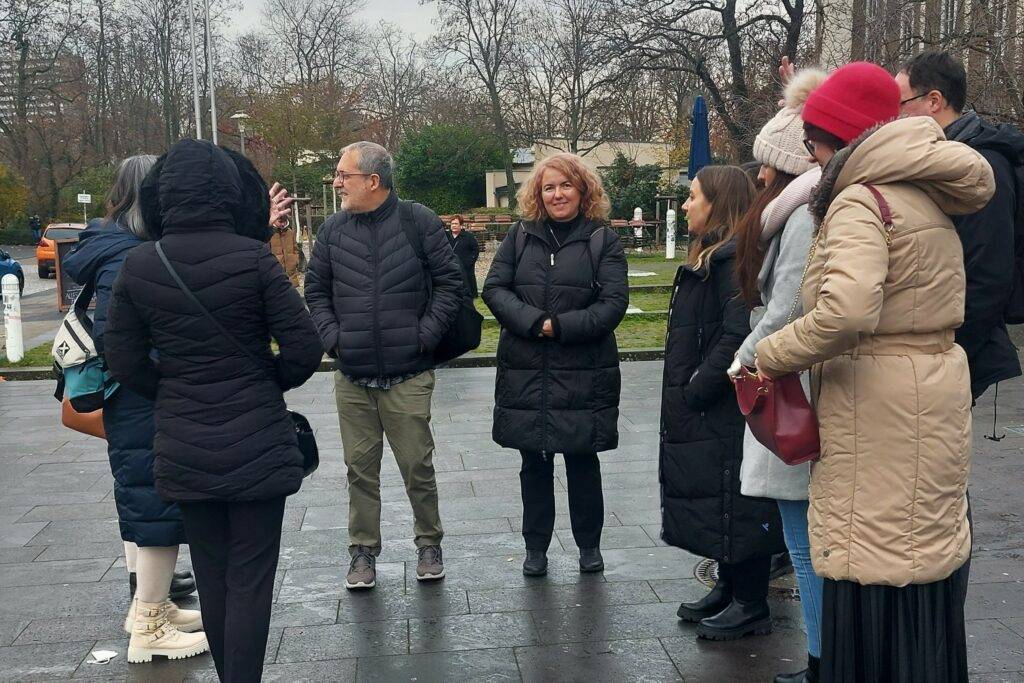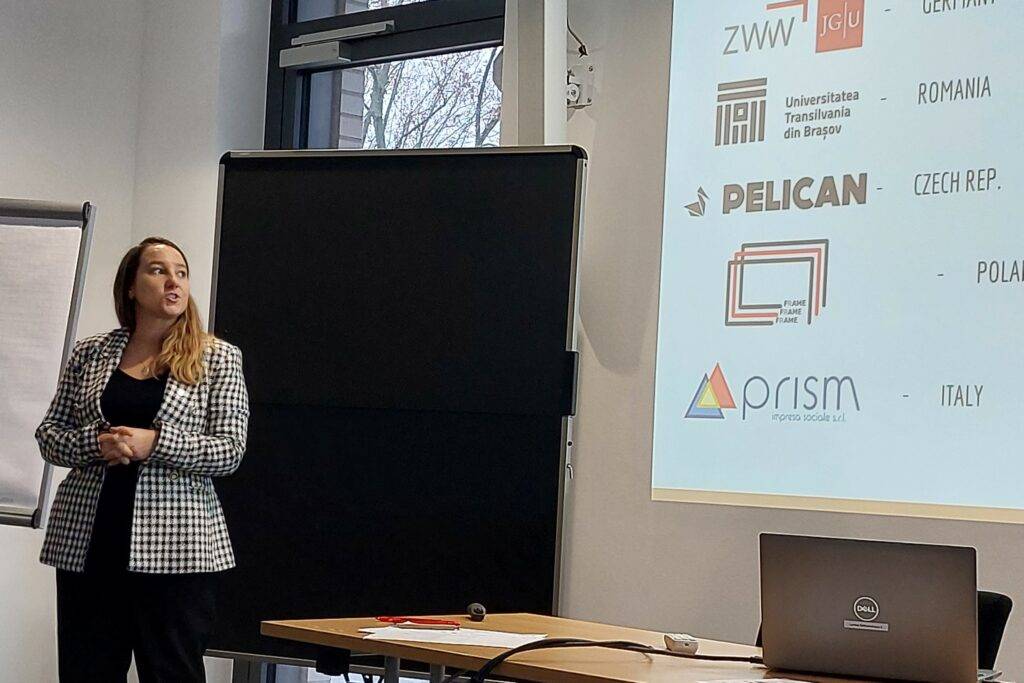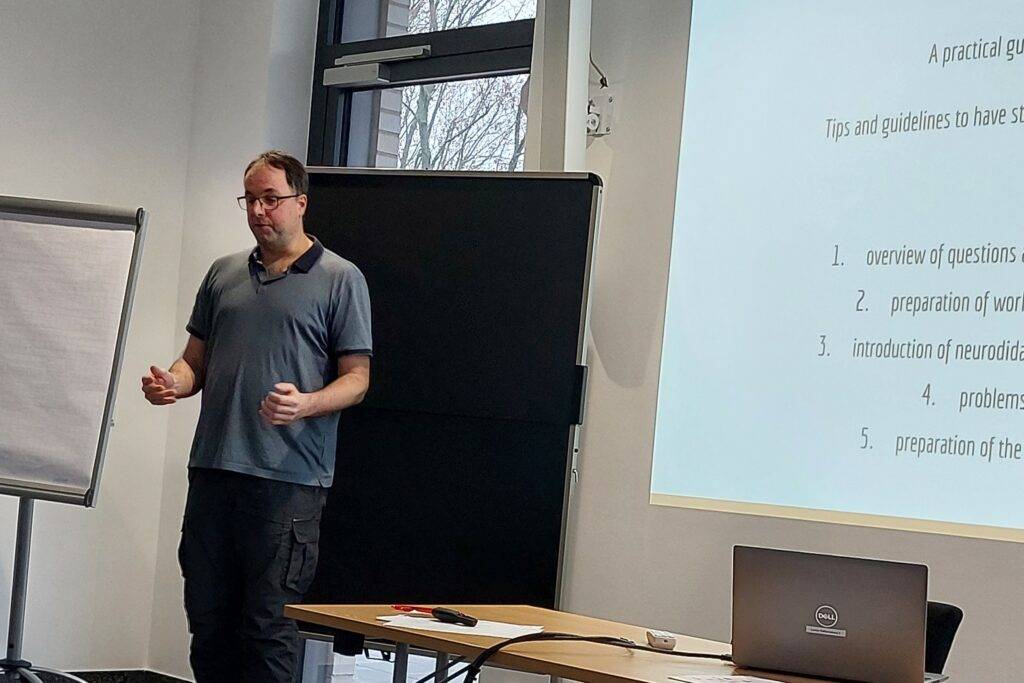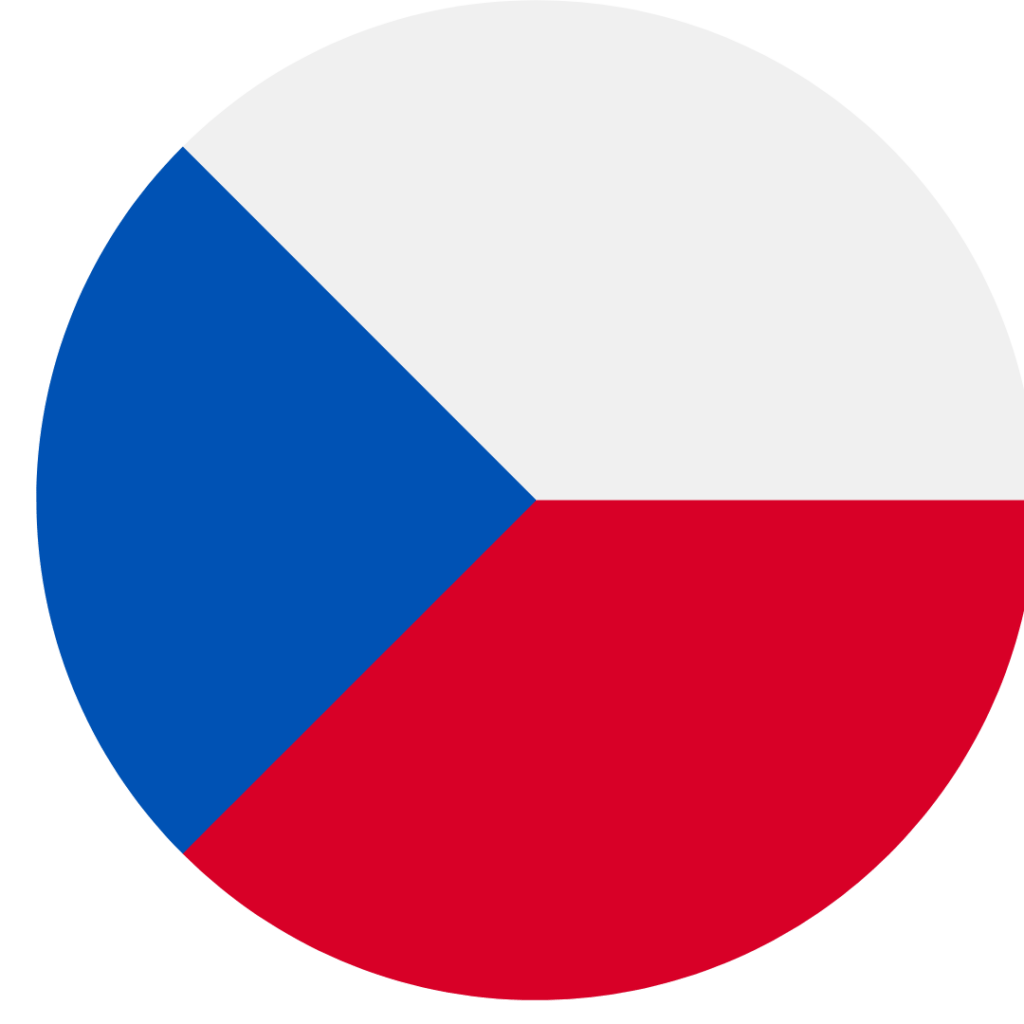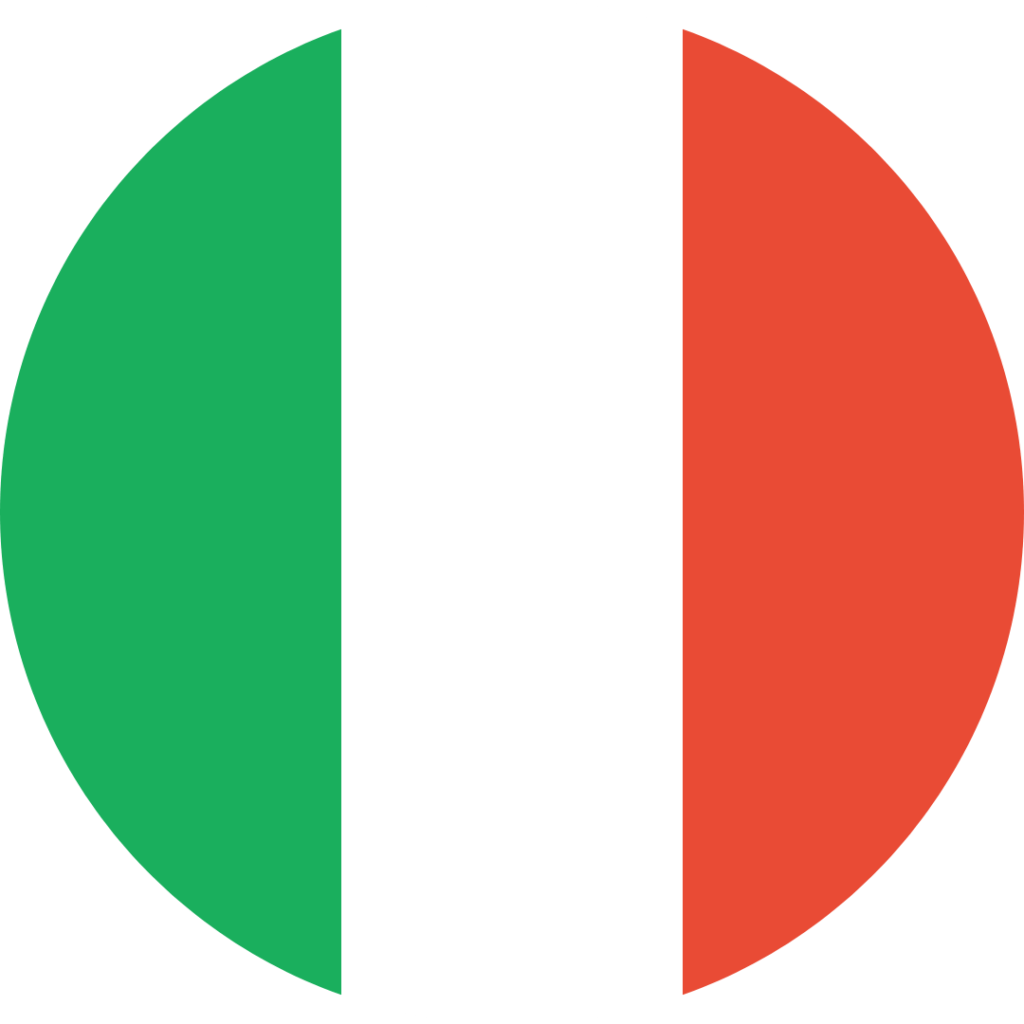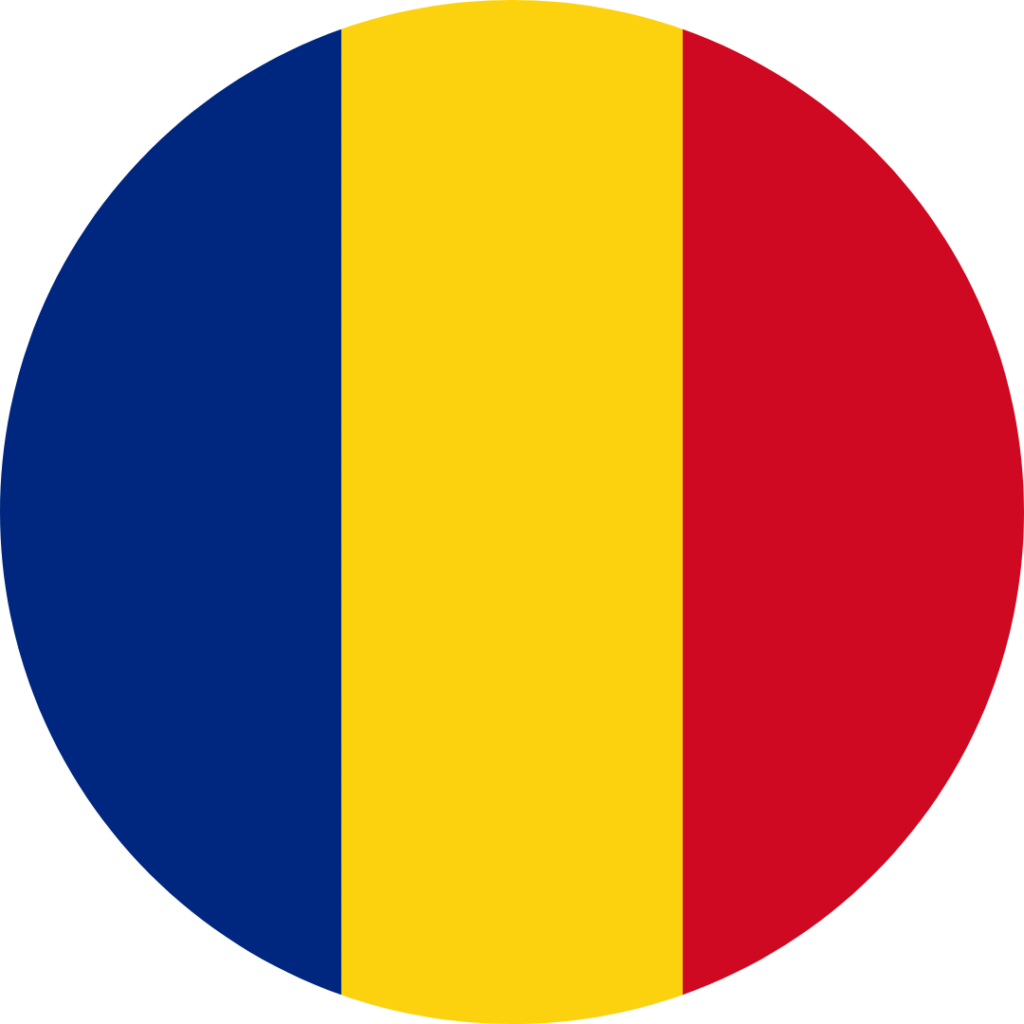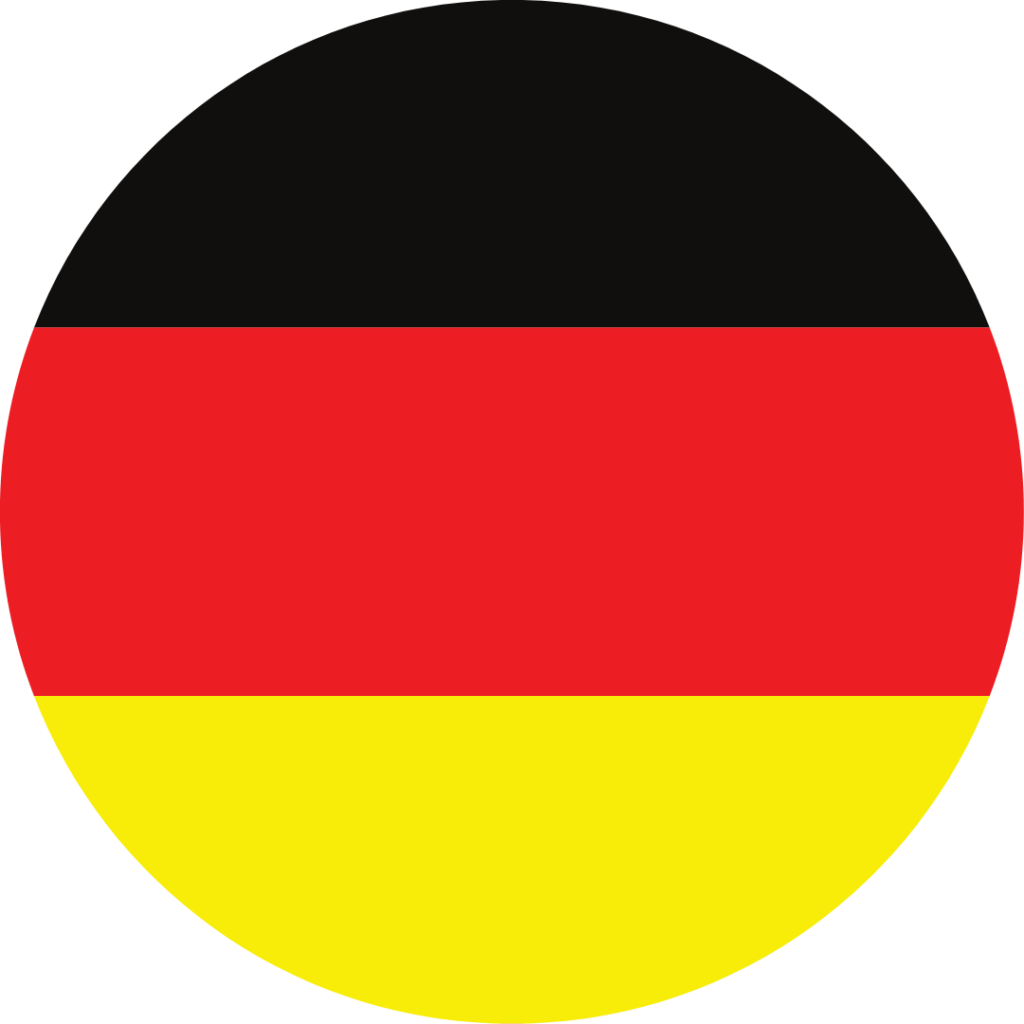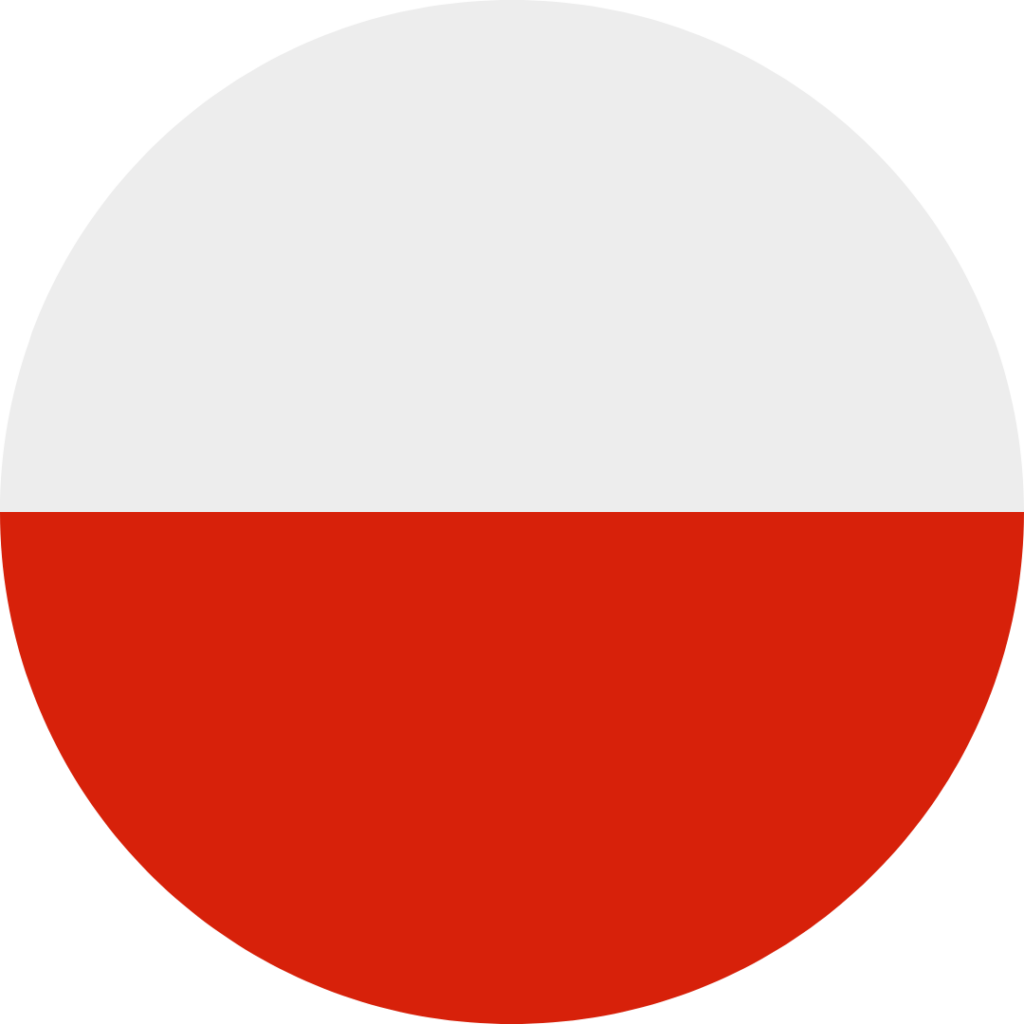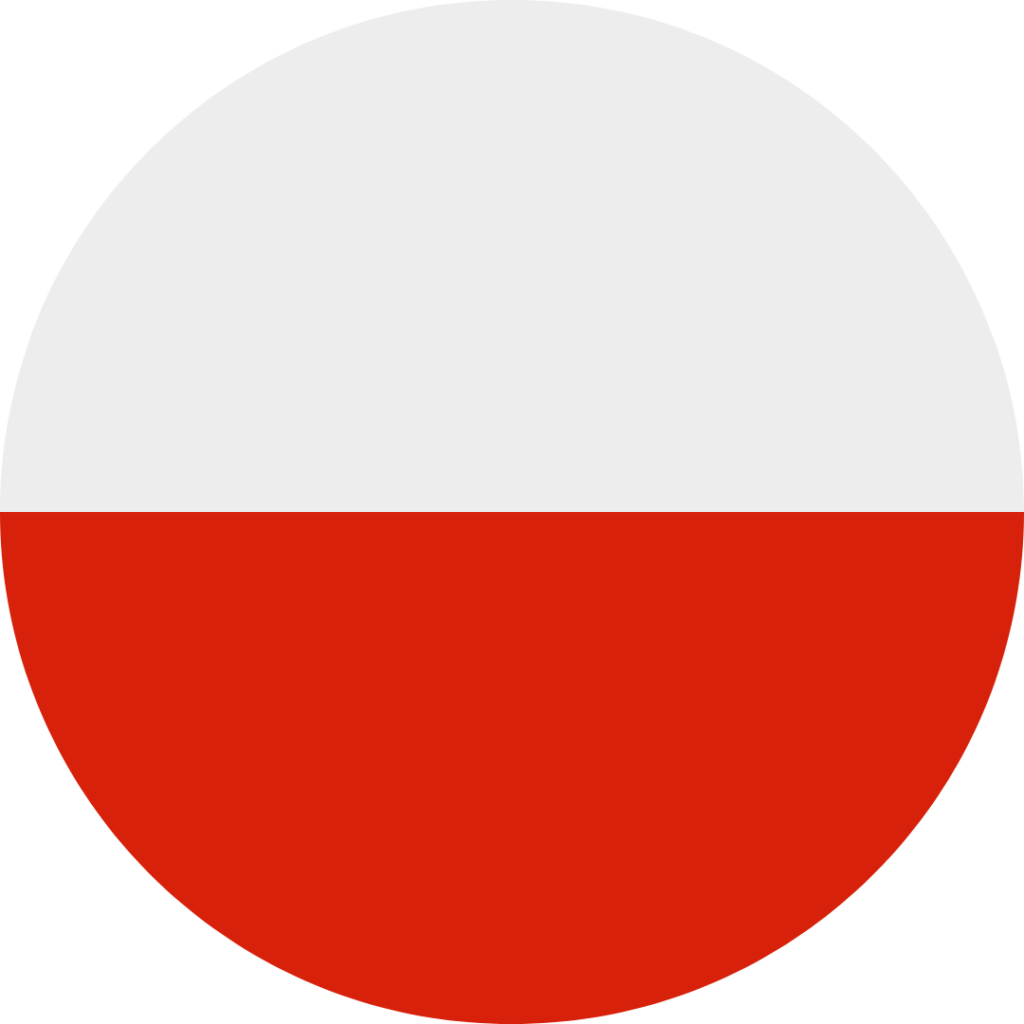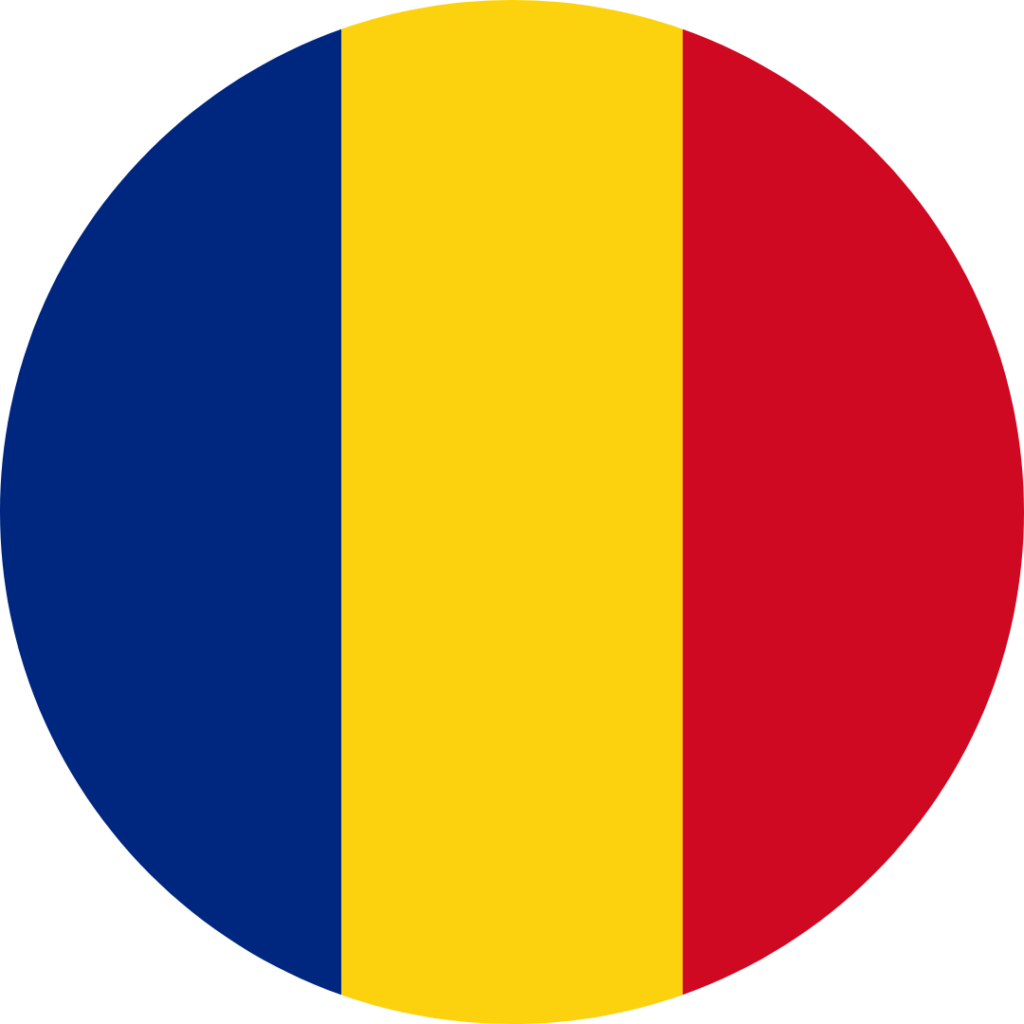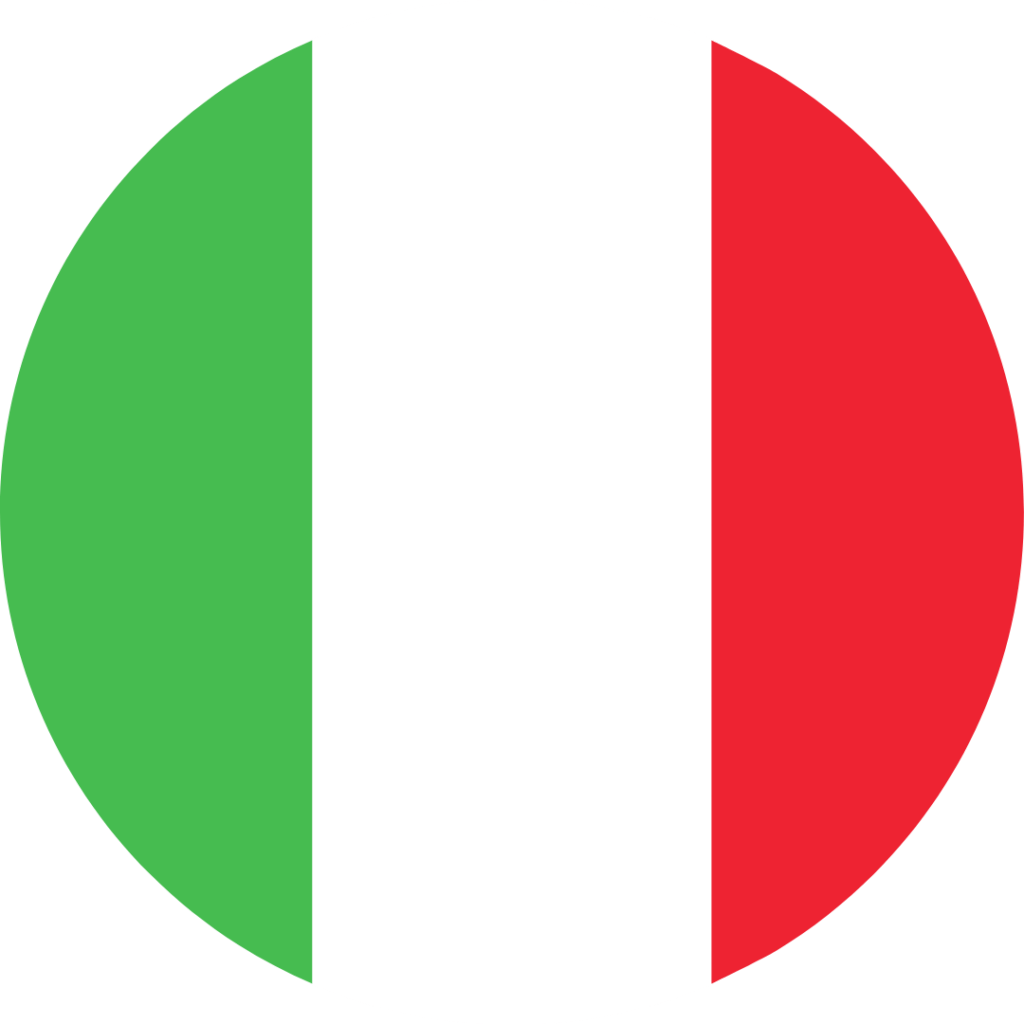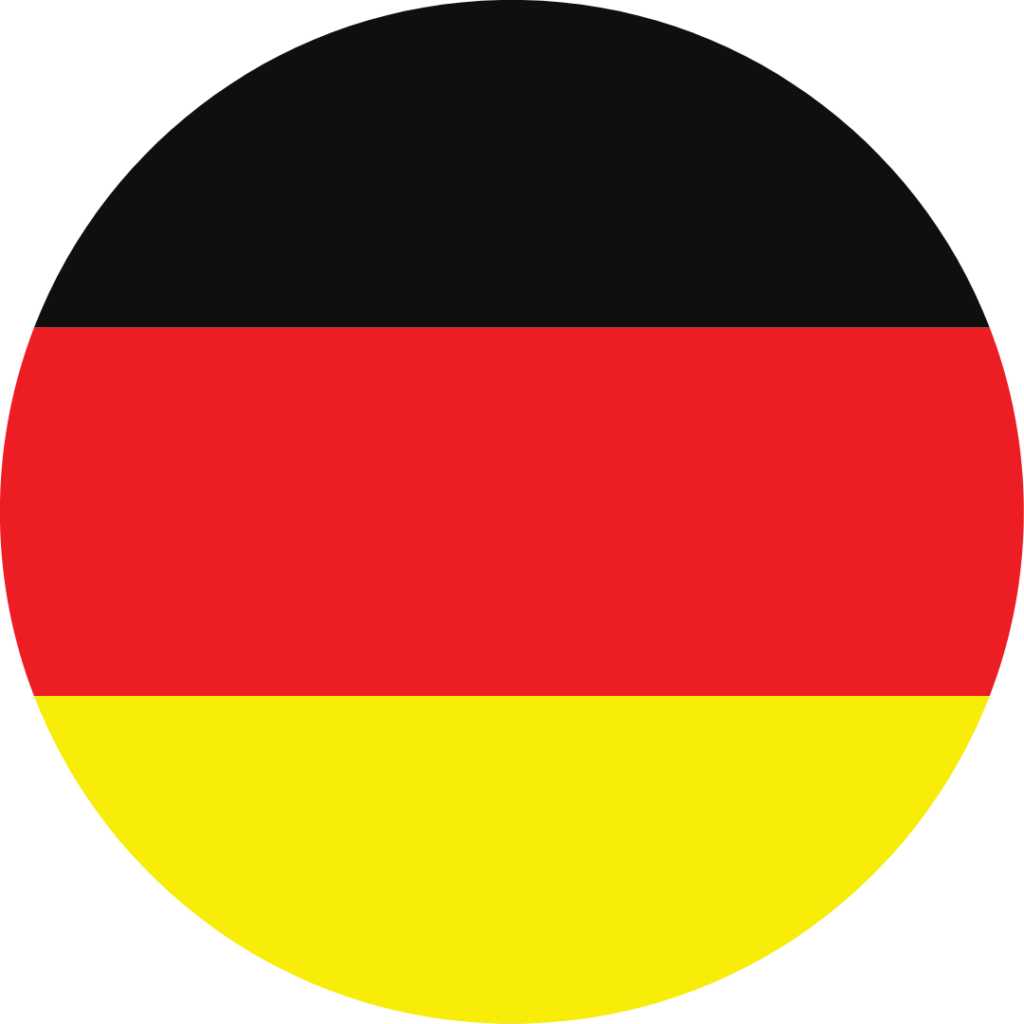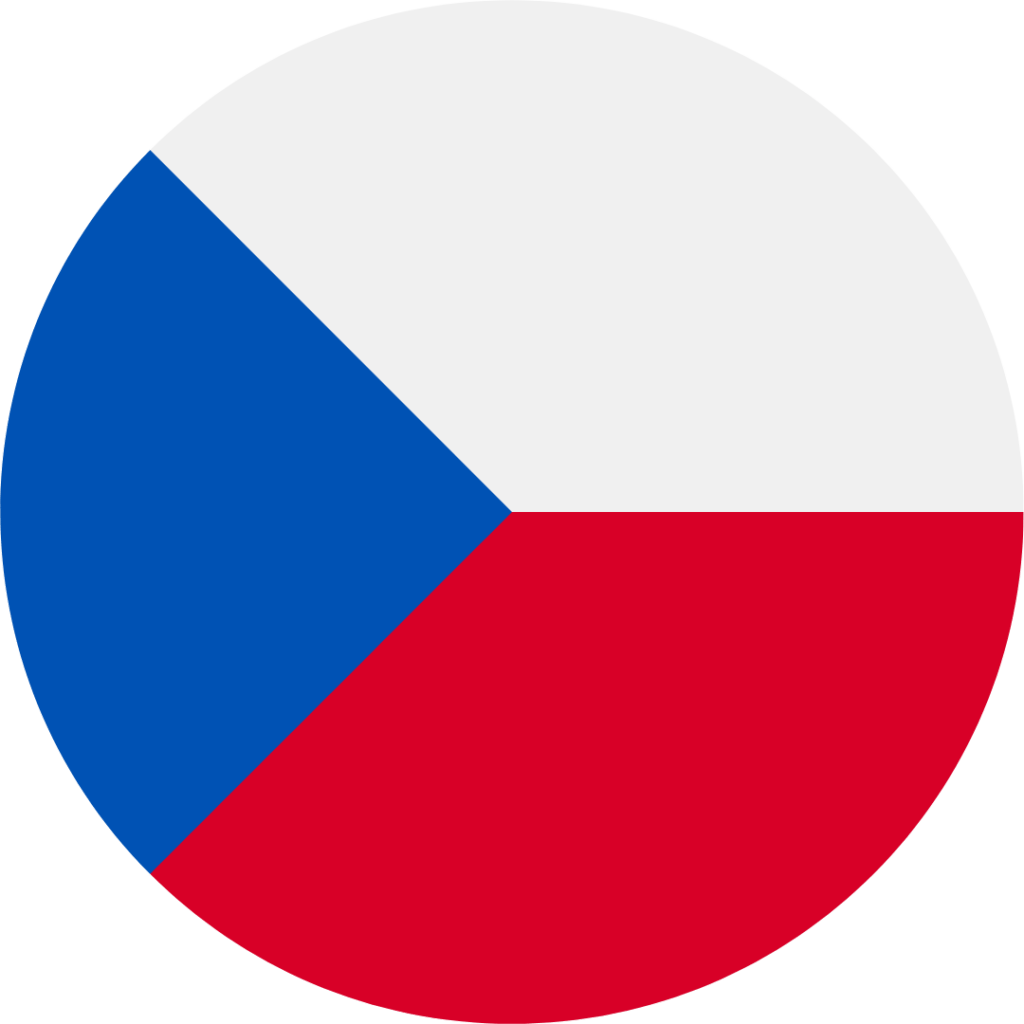TeachME
Multimedia didactics – The Art and Science of Teaching Host Country Language
Foreigners and university study? A new project of Language School PELICAN will enable them to prepare for entrance exams in the host-country language.
The project partners aim to create tools for combining distance learning and self-study. Foreigners interested in university studies will be able to use them to master the chosen language at a level sufficient to successfully pass the entrance exams and commence university studies.
An important element is the solution of authentic situations and acquaintance with the culture and system of the selected country. The university roadmap will offer practical information on study opportunities in partner countries and intensive language preparation for entrance exams. The core of the project is then a set of methods and tools based on the neuro-didactic concept for intensive language study of the host country’s language as a foreign language.
The university roadmap will offer practical information on study opportunities in partner countries and intensive language preparation for entrance exams. The core of the project is then a set of methods and tools based on the neuro-didactic concept for intensive language study of the host country’s language as a foreign language.
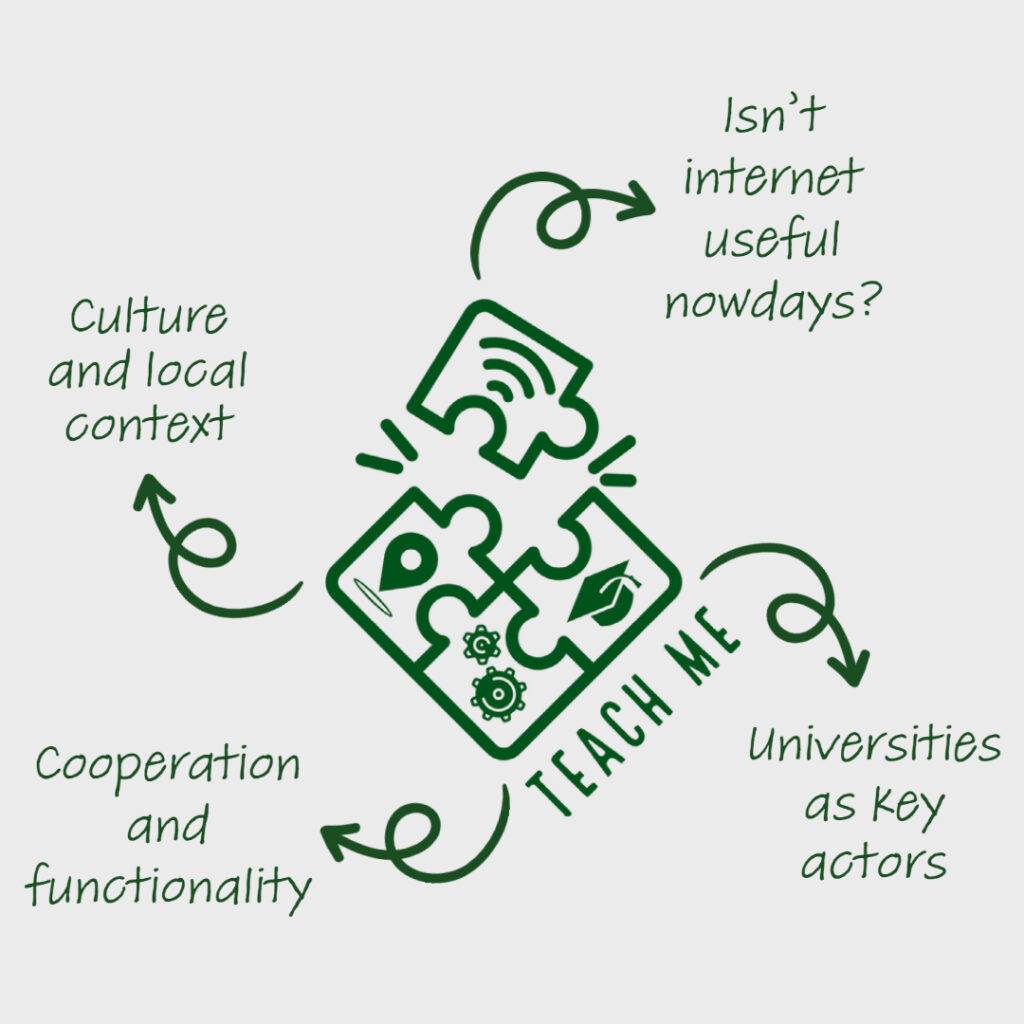
The tools will be tailored to the needs of distance learning and self-study. The outputs of the project will be complemented
by a handbook for the organizers of such forms of study from language schools and other institutions, as well as an internet
platform with an online library of created tools.
PROJECT RESULTS
OUR OBJECTIVES
- To increase the number of young adults who want to learn minor European languages, as well as to immerse into the host country’s language and culture.
- To establish a European role model: a set of intensive language programs tailored to the needs of youth interested in the study at a foreign university in any of the partner countries.
- To promote transnational cooperation and mutual learning between the partners who represent different sectors of education in order to improve education systems, structures, and processes.
- To support exchanges and make visible good practices, dialogue, mutual learning, and cooperation among policymakers, practitioners, and stakeholders from partner countries.

OUR PARTNERSHIP
A team of experts from five European countries – Germany, Romania, Poland, the Czech Republic & Italy – joined forces to create something extraordinary. Who are we?
GERMANY
ZWW Uni Mainz – Johannes Gutenberg-Universität Mainz, a Center for Continuing Academic Education, is a central facility of Johannes Gutenberg University Mainz. In addition to teaching and research, Mainz University sees continuing education as a core area of its mission and has responded to the ever-increasing need for lifelong learning with its course offerings.
ROMANIA
Universitatea Transilvania din Brasov is the largest university in the center of the country providing higher education and research institution, comprising 18 faculties.
POLAND
Foundation for the Development of International and Educational Activity (FRAME -Fundacja Rozwoju Aktywnosci Miedzynarodowej i Edukacyjnej) is an NGO established by the university professors and expert practitioners in response to the observed changes in the socio-economic environment. FRAME aims to develop and promote international cooperation of local communities supporting education.
ITALY
Prism impresa social s.r.l., is a non-profit social enterprise with a track record in the creation of digital educational resources and visual identification as well as supporting the social, cultural, and economic development of Sicilia.
THE CZECH
REPUBLIC
Spolek PELICAN is a non-profit association active in the field of education and culture. It is based on the belief that one way to improve the quality of education is to raise public awareness of current trends in education and support their implementation at all levels of educational organizations.
PHOTOGALLERY
Kick-off meeting in Brno (20.-21.4.2022)
Meeting in Brasov, Romania (18.-21.10.2022)
Meeting in Palermo (23.-24.5.2023)
The Final Conference in Mainz (4.-8.12.2023)
PROJECT RESULTS
TO DOWNLOAD
Good to know
Think in advance and make sure you have everything under control before your new adventure.
Checklist
A checklist that works in all European countries. Think in advance and make sure you have everything under control before your new adventure.
Roadmap
University roadmap for foreigners – mapping the necessary steps in partner countries
Interactive map
Aa practical interactive map that serves as a complete guide with information needed to begin living and studying in the specific partner countries of this EU project.
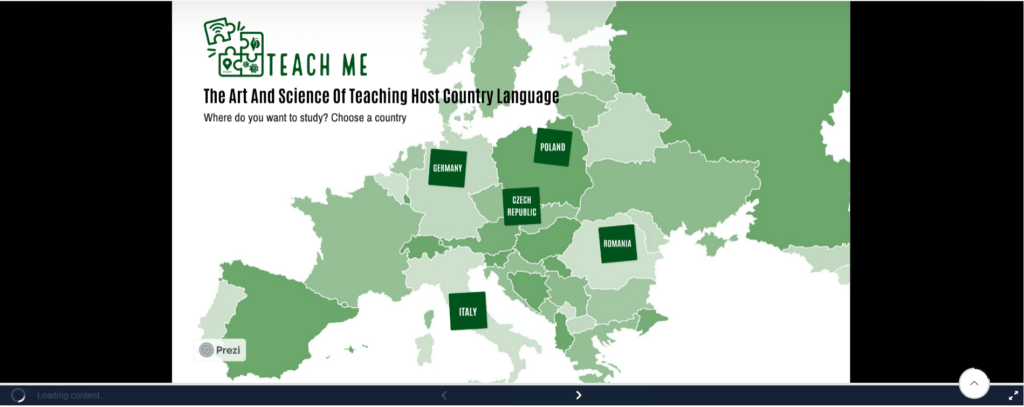
Neuro-Didactic Handbook
Practical Handbook, that represents a didactic concept for intensive teaching of a host-country language as a foreign language through multimodal and blended learning approaches.
Activities and tools for teaching
In this guide, we put into practice the principles of neurodidactics, an interdisciplinary method that combines neuroscience, educational science, didactics, and psychology. Starting from the premise that young adults and adults need concrete learning situations that trigger active learning processes to learn a specific language, this guide is organised into two parts.
Part 1 includes 72 teaching activities that are described from a neurodidactic perspective, while Part 2 includes 24 integrated scripts that can be used as such or as starting points in blended learning. In both parts, the information is coherently organised according to four levels according to CEFR, i.e., A1 to B2, and includes first the receptive skills (reading and listening), followed by the productive skills (writing and speaking) as well as activities meant to develop grammar and vocabulary.
Guide for Educators
The Facilitator Guide for Intensive Language Teaching Pathways is a practical guide for organisers and facilitators of intensive one-year language courses. It can also be of value to teachers of intensive language courses, who will find various tips and guidelines on how best to organise and run a course with the ambitious aim of enabling students to move up several CEFR language levels in one academic year.
In the first part, we give an overview of the most common questions and problems that organisers and teachers face when organising such courses. The next part is devoted to the preparation of workshops for teachers, aimed directly at such specific clientele. In the third part we will introduce neurodidactic methods, a modern way of teaching and learning a foreign language, including their possible integration into teaching units/modules. The fourth part deals with the problems in intercultural communication that may arise especially when the students are from a different cultural area than the language they want to learn, or when the class is composed of students from different parts of the world and backgrounds. The final section is devoted to the preparation of the structure and content of the intensive language course itself.
Are you interested in more information?
If you are interested, we are happy to come to you and present the project, organize a workshop for your employees, provide consultation on a diploma thesis, etc. Help us raise awareness of topics that really matter!


